‘Almost mundane’ life in Denmark – the country that’s ditched Covid restrictions
Masks have been scrapped, the rules are ending and Covid is no longer considered a “socially critical disease” in this country. Life goes on.
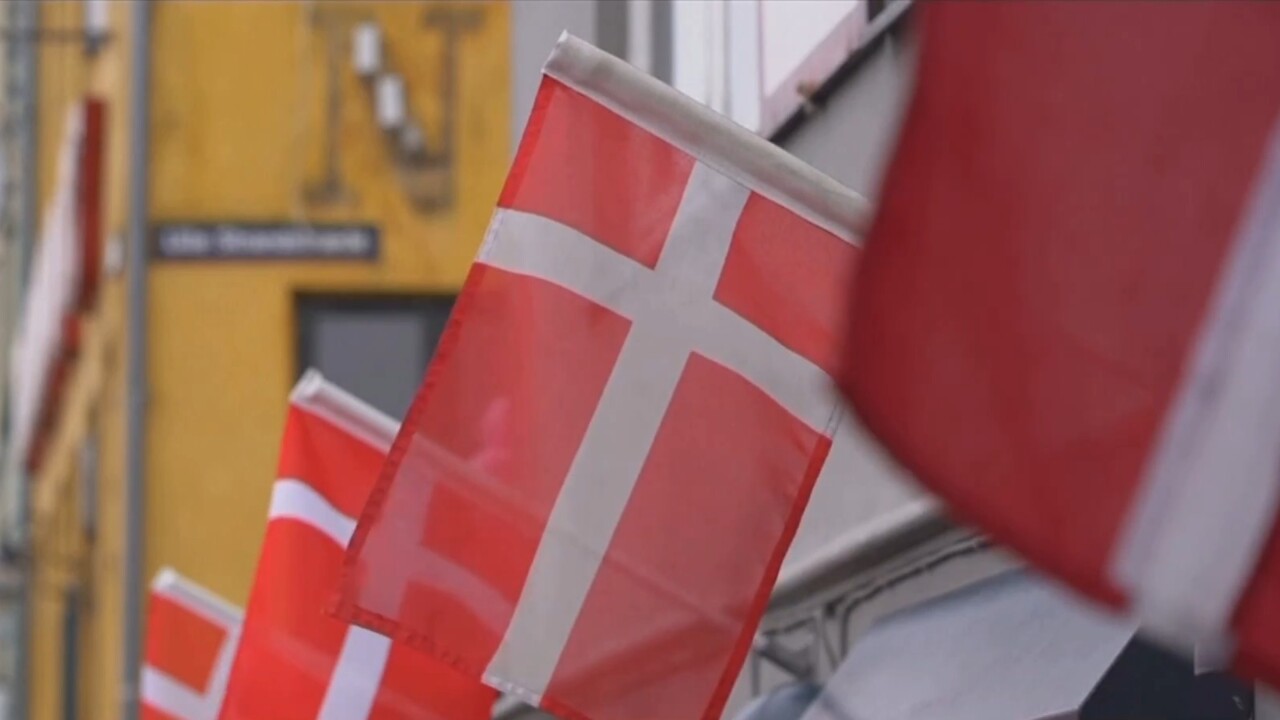
From February 1, the Scandinavian nation of Denmark became the first country to completely remove Covid-restrictions, declaring the virus to no longer be a “socially critical disease”.
Masks will no longer be required in any settings, nightclubs will open and the sale of alcohol will once again be allowed from 10pm onwards.
Speaking to news.com.au, half-Danish, half-Australian, Copenhagen resident, Lucas Skræddergaard, 31, described the Danish people’s attitude to Covid as not quite apathetic but “almost mundane”.
“It actually feels like we have been normal for quite a while. So it was just the new normal. And now we’re back to the old normal,” he told news.com.au.

Surprisingly, the removal of restrictions isn’t in-line with plummeting cases. The country continues to record around 40,000 to 50,000 new cases a day, which equates to nearly one per cent of the country’s 5.8 million inhabitants. January 2022 also saw the country record lower hospitalisation numbers than the previous year, with 1116 patients currently hospitalised with Covid, including 27 admissions to the ICU.
Comparatively, NSW has a total population of 8.1 million and currently reports between 10,000 to 13,500 positive daily cases, with 2494 Covid cases currently in hospital and 160 admissions in ICU.
Denmark’s high vaccinated rate is also a factor. While the nation hasn’t and has shied away from implementing vaccine mandates, more than 80 per cent of the country’s population over five years of ago has received two doses, with over 60 per cent of the population given three doses.
Big caveat to lifting restrictions
While Tuesday’s major pandemic shift might have signalled the end of the virus, it was actually the nation’s second attempt at removing all restrictions. While rules were briefly lifted on September 10, 2021, they were reinstated two months as Europe battled surges of the Delta variant, before the new wave of Omicron sent cases soaring.
However behind Denmark’s pandemic strategy has also been the readiness to change course.
Speaking to a local radio station on Wednesday, Danish Prime Minister Mette Frederiksen was sensibly cautious in announcing the news.
“I dare not say that it is a final goodbye to restrictions,” she said.
“We do not know what will happen in the autumn. Whether there will be a new variant.”
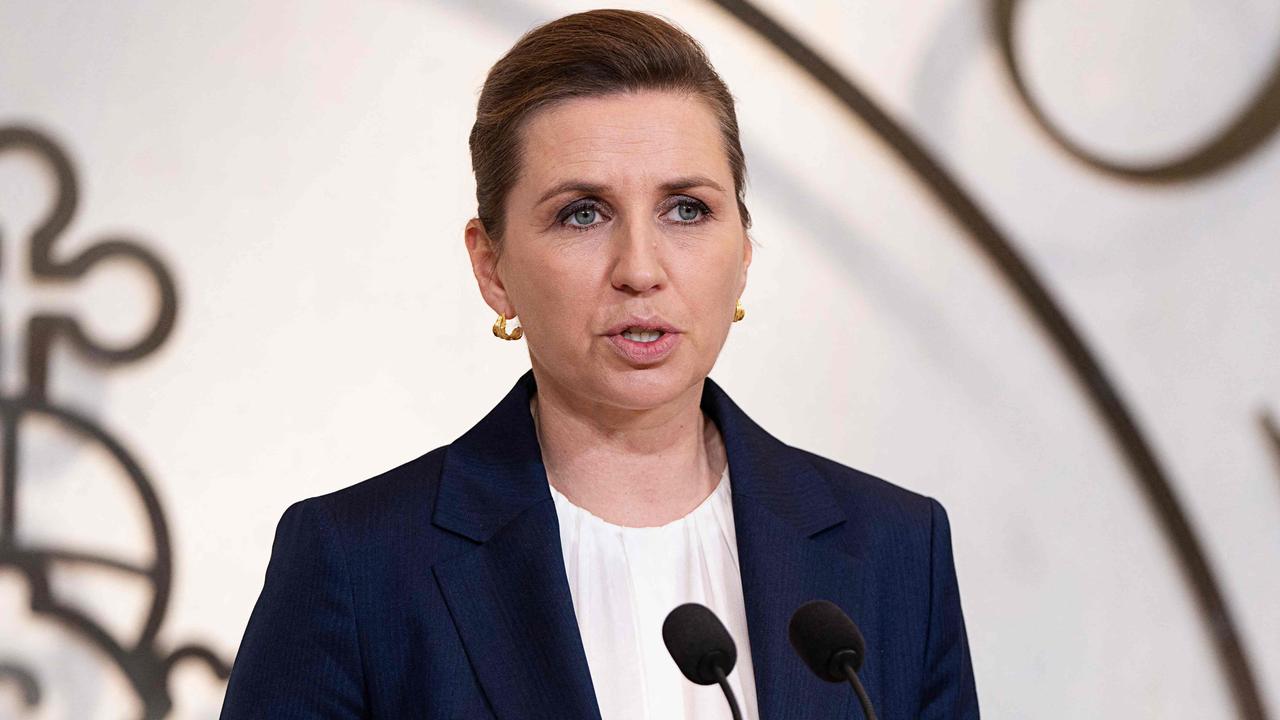
Writing the scientific journal, Nature, Professor of Political Science at Aarhus University, Michael Bang Peterson said exposing Danish citizens to the “hard truths” of Covid and trusting that they will respond accordingly has been a key feature of the country’s strategy.
Tapped to advise the Danish government on their Covid response plan, Prof Peterson said his “overall message was: Don’t assume that the public will panic”.
“During a pandemic, rapid behavioural change is crucial,” he wrote.
“They need clear information if they are to take the crisis seriously enough to listen and to know how to act.”
Mr Skræddergaard believes it’s the government’s transparency and willingness to admit to mistakes that has encouraged social unity and continued compliance of restrictions when needed.
“They’ve been super transparent, and said that we’re going to make mistakes,” he said.
“The Prime Minister has said that this is uncharted territory, that we don’t know what we’re doing right now but we’ll try to be as transparent and open as we can and act according to the information that we get.
“I think that compared with the extreme high level of trusts in government and authorities in Denmark has created a certain ease. People just kind of follow the ebb and flow.”
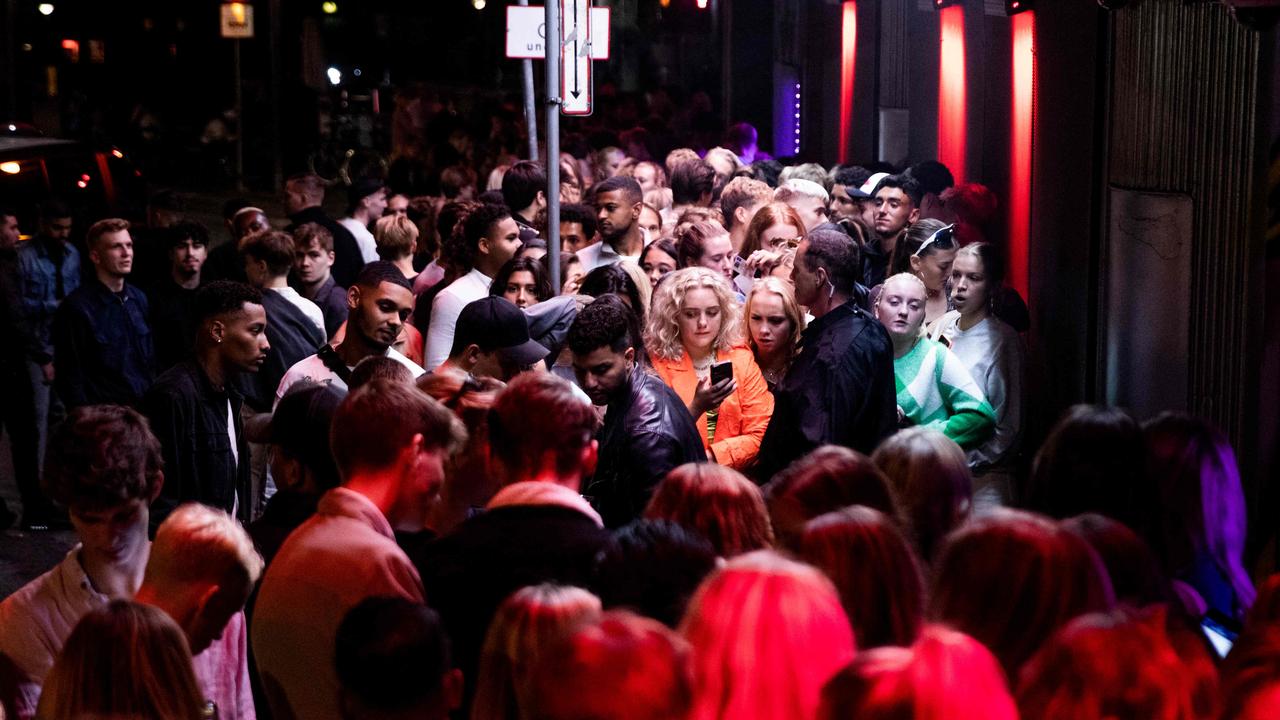
Samfundssind: The word that rallied a nation
Used by the Prime Minister at a press conference in March 2020, Mr Skræddergaard said Danish people widely embraced the term ‘samfundssind’ during the pandemic.
A portmanteau of the Danish words ‘samfund’ (society) and ‘sind’ (mind), it translates to “community spirit,” or as “the invisible glue that holds society together,” he said.
Ms Frederiksen referred to the word when she called on the Danish people to “stand together,” united with their combined “community spirit”.
“I would like to thank … all who have so far shown that this is exactly what we have in Denmark — samfundssind,” she said.
According to Mr Skræddergaard, it worked. Denmark became one of the first countries in Europe to impose lockdown measures on March 11, 2020 and while he described the day as a “watershed moment,” citizens largely complied with the rules.
“That day was crazy because we’re not seeing the power of the Office of the Prime Minister and we’re not used to the government being heavy-handed,” remembers Mr Skræddergaard.
“I think the reason why we accepted it was because we could see it was for the benefit of society and that’s why everybody banded together and went like: ‘Okay, we need to do this now’”.
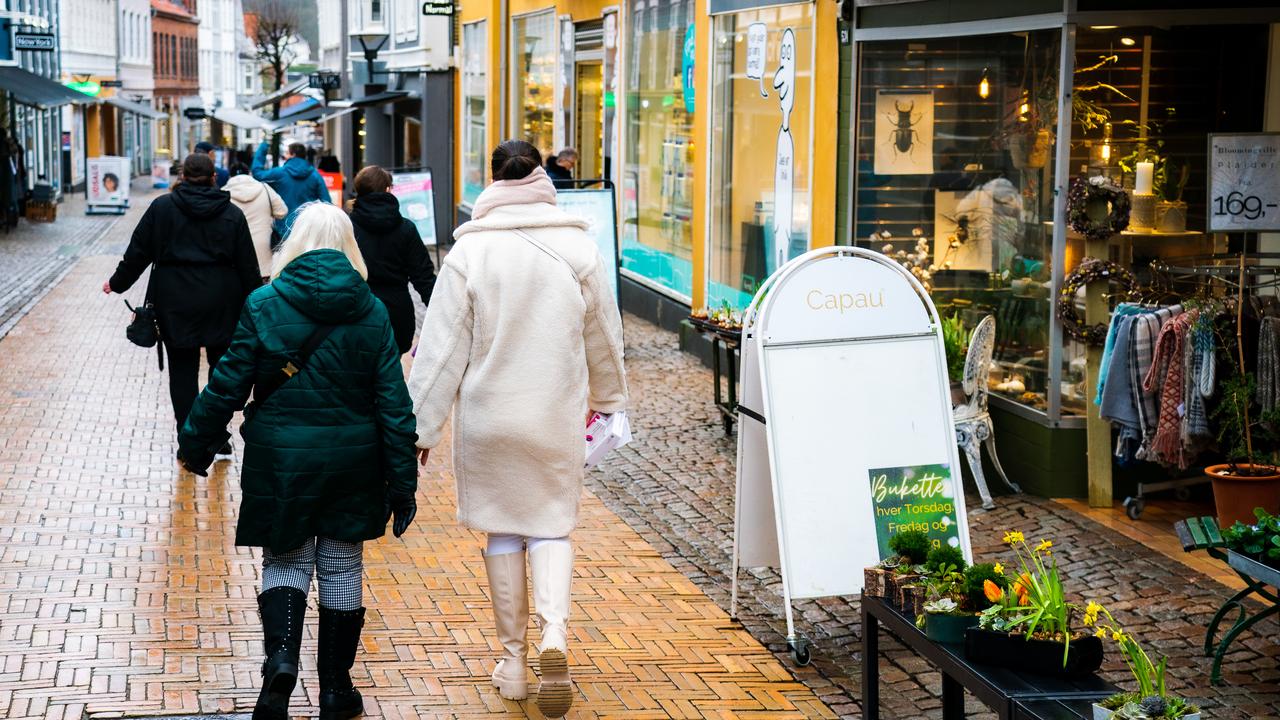
According to the OECD, the latest figures from 2020 show that the Danish people have some of the highest levels of trust in their government. When asked, 71.6 per cent of their population indicating that they have confidence in their national government.
In comparison, Australia sat towards the lower end of the table, with 44.6 per cent of respondents answering ‘yes’.
Comparing the pandemic experience between himself and his family and friends from Australia, Mr Skræddergaard notes that the Danish didn’t encounter the infighting between state and federal governments.
“You saw the different states going at it,” he said.
“Of course, because Australia’s is a federation so it works different from a unitary government which Denmark is, but I think we’ve seen the cracks in the Australian political community for years and that just came to show into full effect during this pandemic.”
Monday Newspoll figures saw support for Prime Minister Scott Morrison tumble, and the primary vote for the combined Liberal-Nationals dropping two points to 34 per cent.
Labor’s primary vote managed to jump by three points to 41 per cent, as the Coalition recorded its worst result since September 2018 – the month after Malcolm Turnbull was axed in lieu of Mr Morrison during the Liberal Party Leadership Spill.
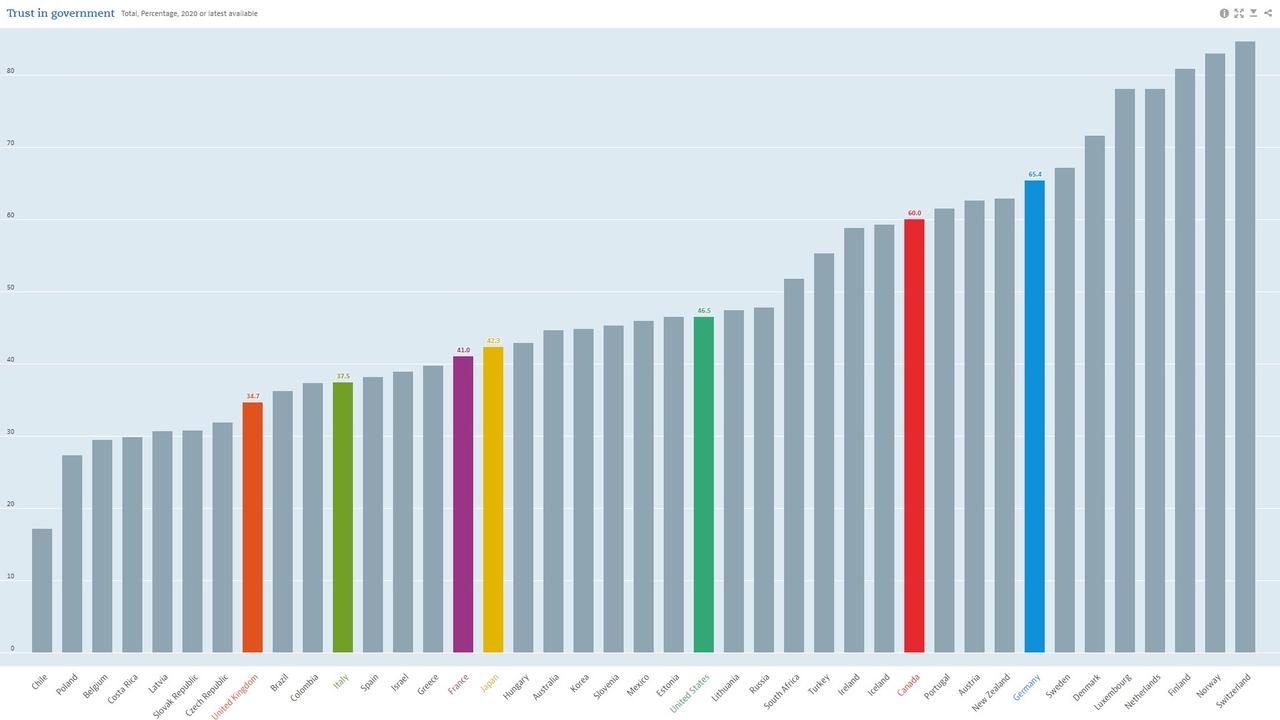
Return to the long-awaited ‘old normal’
With most countries yearning to return the pre-pandemic, old-normal, Denmark’s next few weeks could pave a road map to what we can expect.
For Mr Skræddergaard, he’s most looking forward to having a beer with his friends now that bars are once again allowed to open past 10pm.
“We don’t have bottle shops in Denmark – you can pop down to your local supermarket and get beer but they couldn’t sell it after 10pm,” he said.
“I think most Danes just want to have a beer with their mates and are looking forward to going to the supermarket or taking public transport without a mask.
“It’s the little things.”






